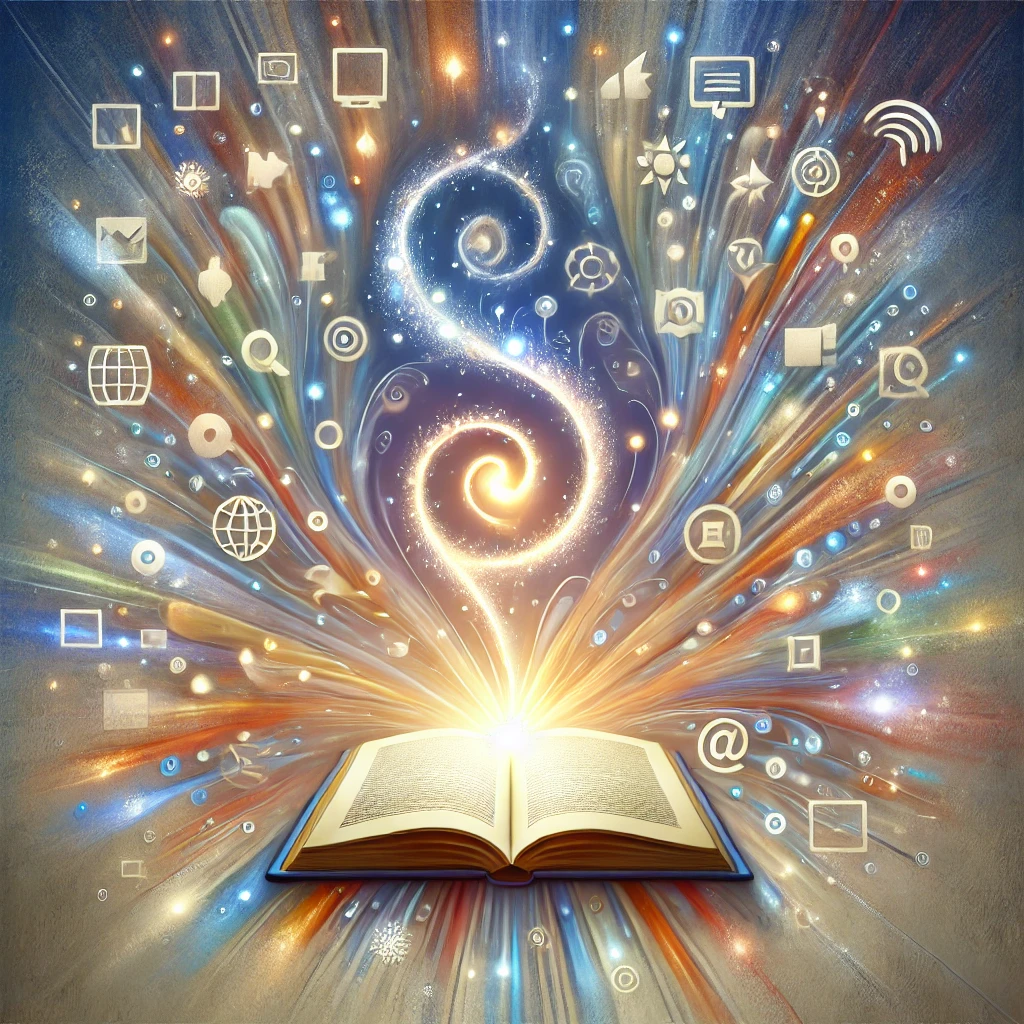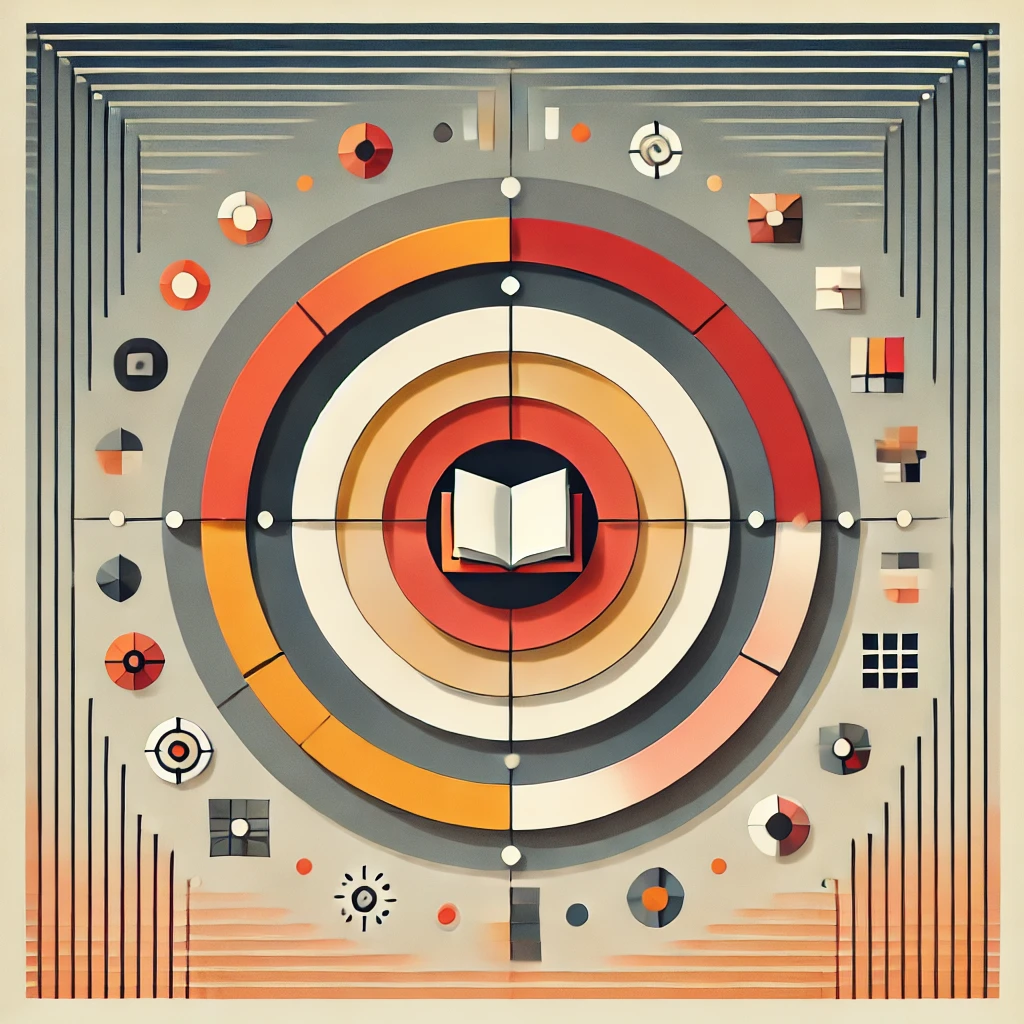
ChatGPT:
The Pleasures of Reading in an Age of Distraction
by Alan Jacobs
Introduction
In The Pleasures of Reading in an Age of Distraction, Alan Jacobs presents a passionate defense of reading as a joyful, liberating act. At a time when digital technologies overwhelm attention, he argues that books are not a duty but an invitation to wonder. His central message is clear: we should read by Whim—following curiosity and attraction—rather than by obligation or prescriptive reading lists.
The Age of Distraction 📱
Jacobs begins by recognizing the cultural challenge of the 21st century: the fracturing of attention. Smartphones, endless notifications, and the internet have reshaped habits, encouraging short bursts of consumption rather than deep focus. Reading long-form texts, especially books, now seems like an outdated or burdensome practice to many.
But Jacobs insists that choosing to read is a form of resistance. In turning pages with patience, we reclaim control of our attention. Reading becomes countercultural—a way to resist the pull of instant gratification.
The Principle of Whim 🎯
Central to Jacobs’ philosophy is what he calls the Whim Principle. Unlike prescriptive programs that dictate “100 books you must read before you die,” Whim invites readers to follow their instinctive curiosity.
Whim respects the reader’s freedom, allowing books to be chosen because they spark desire, interest, or fascination—not because they are “serious” or “important.” This principle, Jacobs argues, keeps reading alive as joy rather than duty.
Reading as Delight, Not Duty 🌿
Jacobs critiques cultural voices—literary critics, educators, moralists—who treat reading as a moral obligation or marker of superiority. This elitism, he argues, turns reading into work.
For him, delight is the most fertile ground for deep reading. When readers are genuinely engaged, they read better, understand more, and are more likely to move naturally from one book to the next. In this sense, pleasure is the engine of growth.
The Spiral of Reading 🔄
Rather than following a rigid list, Jacobs describes the spiral—the organic journey where one book leads to another. A novel might reference a poem, which leads to a history book, which sparks interest in philosophy. This interconnected wandering, guided by Whim, creates a personal and meaningful reading life.
This spiral is opposed to the linear canon often pushed by academic institutions, where literature is treated as a curriculum to be completed. Jacobs views the spiral as truer to human curiosity.
Technology: Enemy or Ally? 🌍
Jacobs acknowledges the ambivalent role of technology. On one hand, the digital age fragments attention, luring readers into distraction. On the other, e-books, online archives, and global access have made literature more widely available than ever.
The key, he suggests, is self-discipline and awareness: using technology as a tool, not a master. Reading deeply in any format—digital or print—can still nourish attention if done with intention.
Reading as Moral and Intellectual Nourishment 💡
Though Jacobs insists reading is not a duty, he also recognizes its transformative power. Books broaden empathy, stretch imagination, and expand one’s intellectual horizon. By inhabiting other minds through stories, readers cultivate compassion and self-understanding.
Yet, he resists the idea that this value should be the reason to read. Instead, these benefits are byproducts of reading for joy.
The Social and the Solitary 👥🌌
Reading is both deeply personal and socially enriching. Alone, it allows contemplation, reflection, and escape. But shared through conversation, book clubs, or classrooms, it becomes communal—a way of building bonds and exchanging perspectives.
Jacobs sees no hierarchy between these modes. Both solitude and community deepen the pleasures of reading in different ways.
The Reader’s Freedom 🔓
One of Jacobs’ strongest points is the defense of reader autonomy. No book is “too low” or “too high” if it speaks to the reader’s desire. Romance novels, science fiction, children’s books, or literary classics—all have their place when chosen by Whim.
Shame and guilt, he argues, have no role in reading. The freedom to choose preserves love for books across a lifetime.
Conclusion ❤️
The Pleasures of Reading in an Age of Distraction is ultimately an invitation—a call to return to books not as burdens but as gifts. Jacobs reassures readers that they do not need to measure their worth by “serious” reading or canonical lists. Instead, the best reading life is one led by curiosity, delight, and openness.
To read with Whim is to reclaim joy in the act itself and to resist the erosion of attention in the digital age. For Jacobs, reading is less about achievement and more about living richly through words.
Quotes –
The Pleasures of Reading in an Age of Distraction
by Alan Jacobs
Here are some of the most striking and useful quotes from the book, capturing Jacobs’ central ideas about freedom, pleasure, and attention in reading:
- “Read at Whim! Reading should be an act of freedom, not compulsion.”
→ Jacobs’ mantra against rigid reading programs. - “The idea of the ‘hundred best books’ has destroyed more reading lives than it has saved.”
→ A critique of prescriptive canons. - “We cannot read well if we are burdened by duty. Delight must be the basis of our attention.”
→ Reading flourishes when rooted in joy. - “One book leads to another in a spiral of discovery. To interrupt that spiral is to interrupt life itself.”
→ His vision of organic reading journeys. - “Attention is now the most precious of human resources.”
→ A reflection on the age of digital distraction. - “To give our attention to a book is to resist a world that fragments us.”
→ Reading as countercultural resistance. - “A person who has learned to read with attention has learned to live with attention.”
→ Reading shapes habits of mind and being. - “Read what gives you delight—and do so without shame.”
→ Jacobs’ liberation of the reader’s freedom. - “Books chosen by whim will shape you more deeply than those chosen by obligation.”
→ He ties autonomy to intellectual and moral growth. - “The act of reading is not about achievement, but about living richly.”
→ His closing conviction about books and life.

